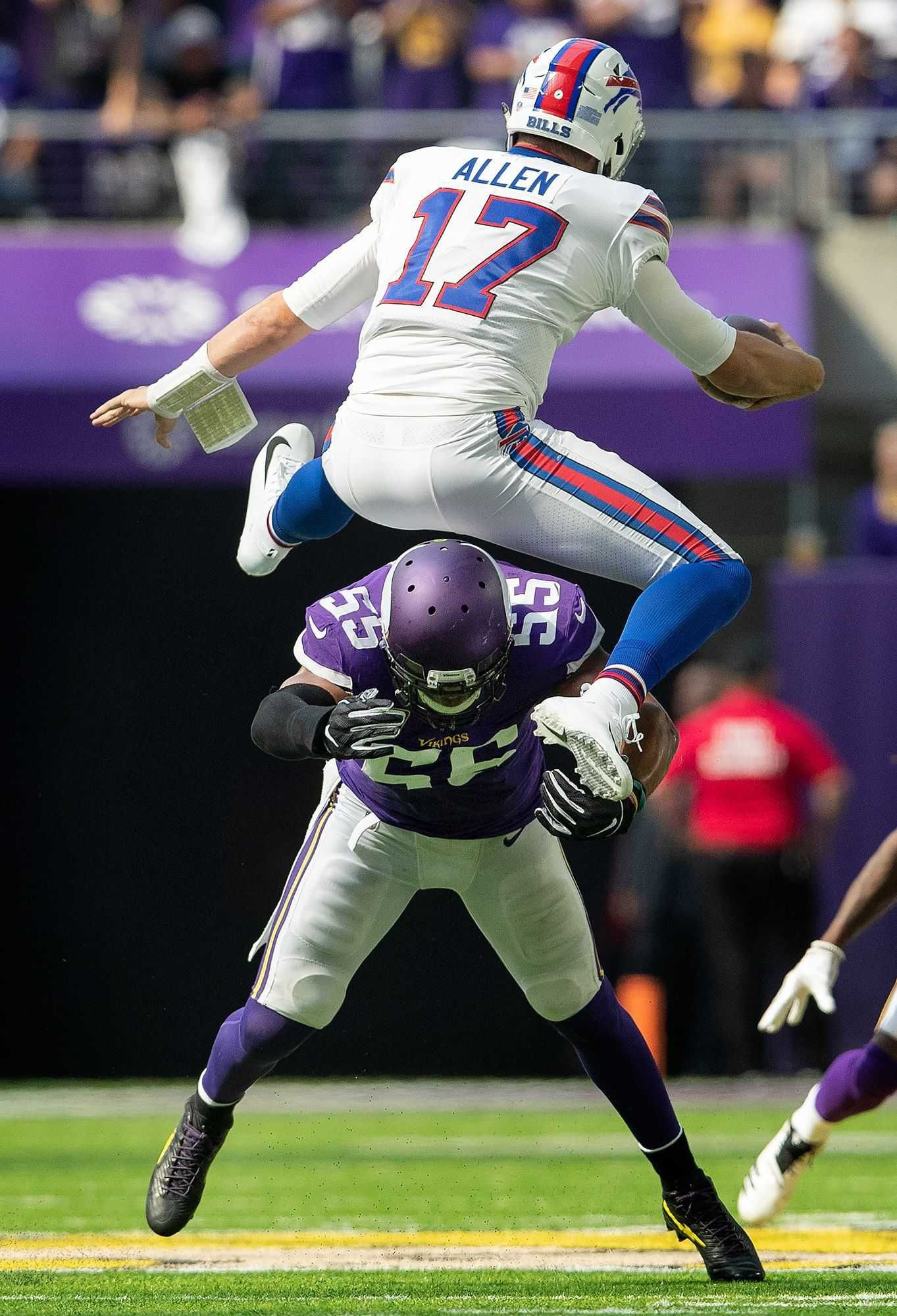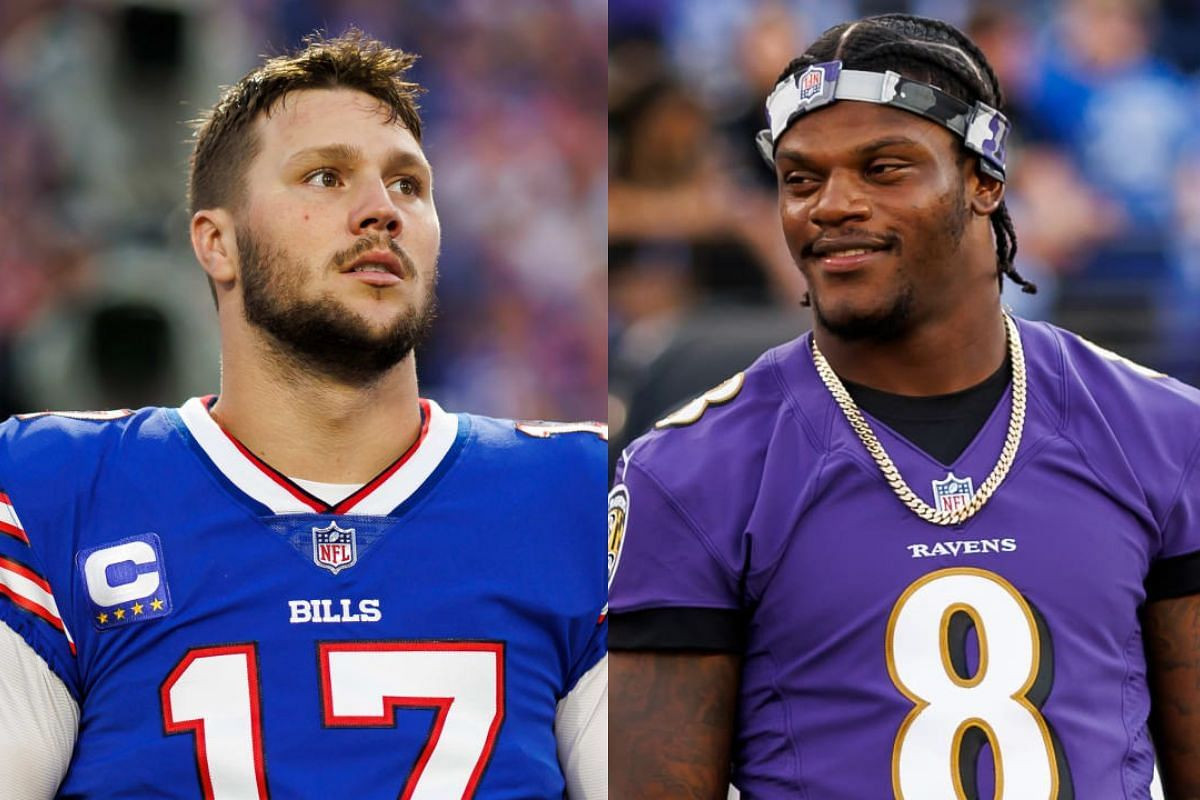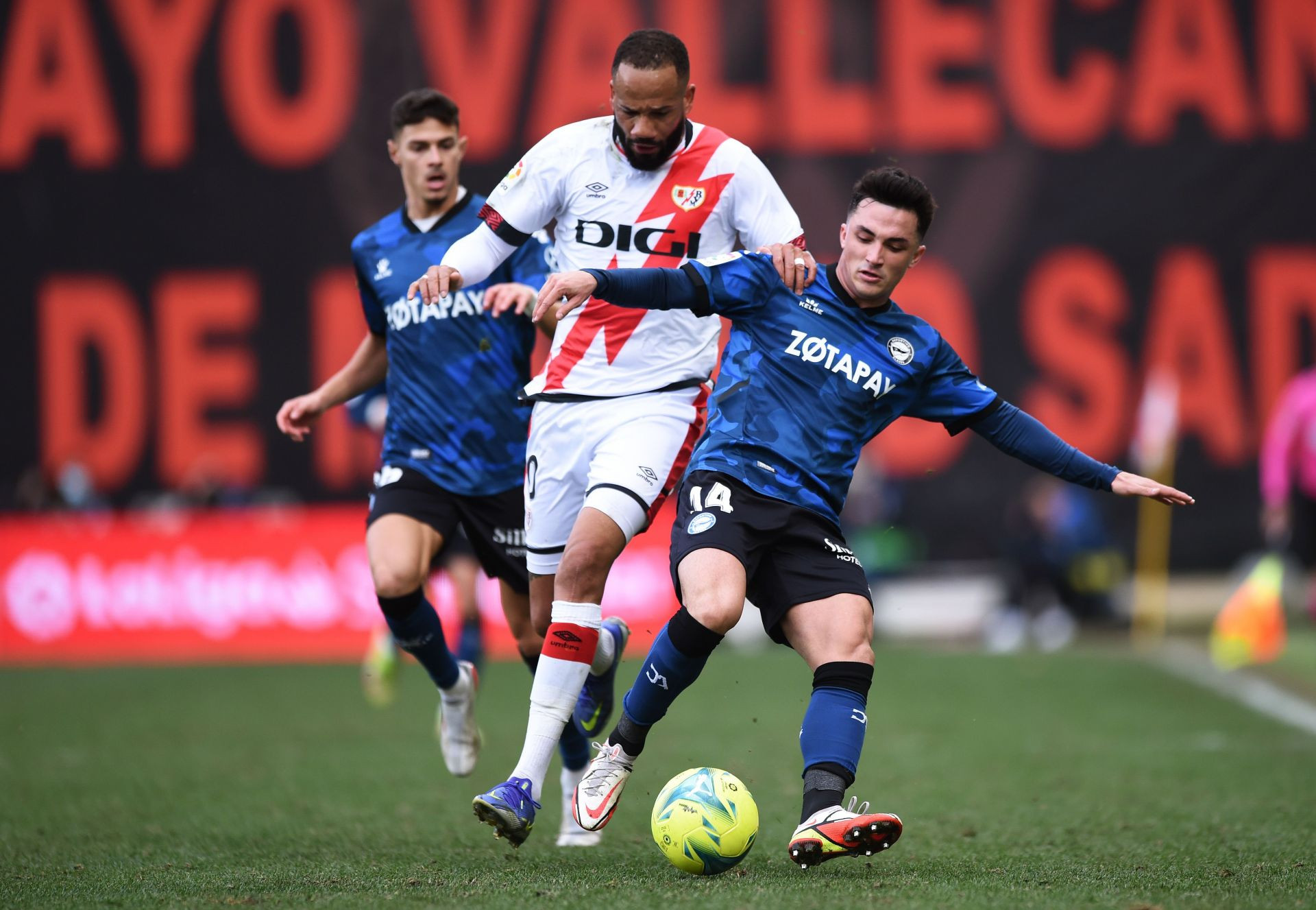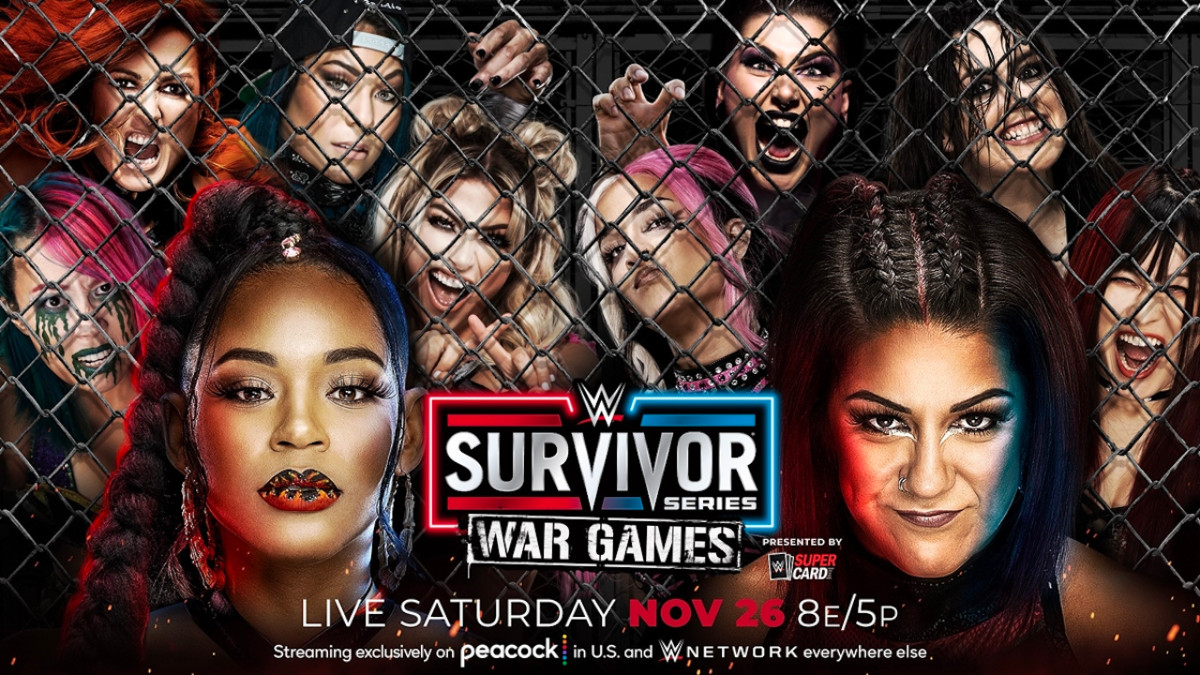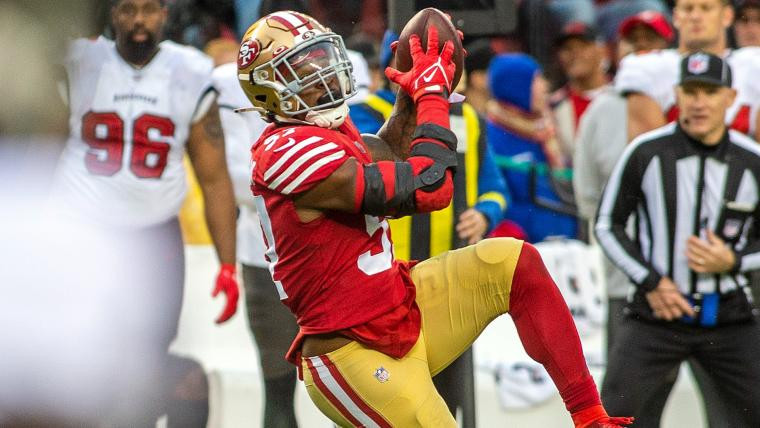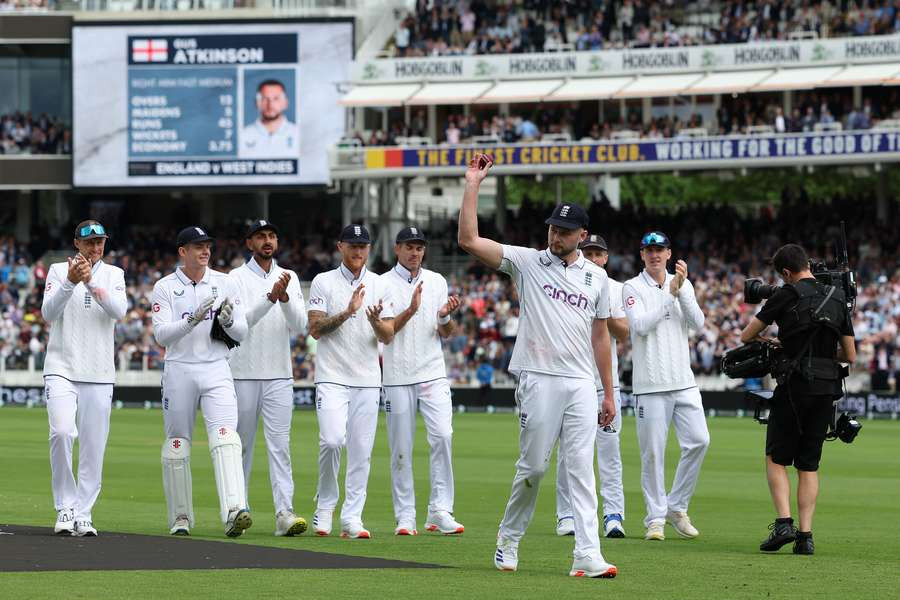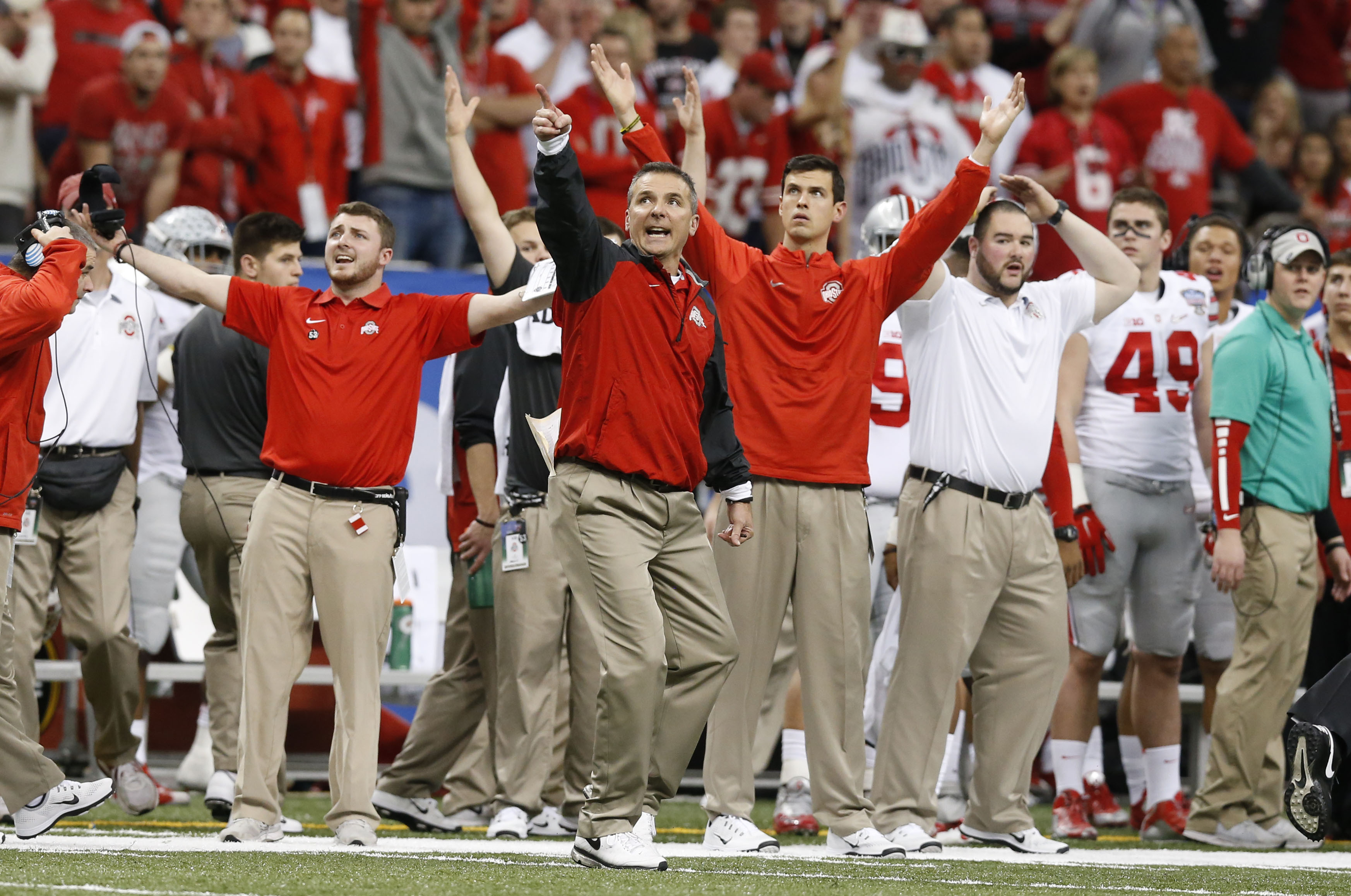Through three weeks of the 2024 NFL season, the Buffalo Bills (3-0) have the top scoring offense in the league. The Bills won their second primetime game in as many weeks with a 47-10 win over the Jacksonville Jaguars on "Monday Night Football," and they'll be in primetime again in Week 4 for a "Sunday Night Football" matchup against the Baltimore Ravens.
The league's No. 1 scoring offense centers around quarterback Josh Allen. Now in his seventh season in Buffalo, Allen leads the league in passer rating (133.7) while posting career highs in most every category, including completion percentage (75.0%).
He also leads the NFL MVP odds entering Week 4's tilt against Baltimore. Here's how the Bills got their franchise quarterback.
Allen was projected in some mock drafts to go as high as No. 1 overall in the 2018 NFL draft. That didn't end up happening as Cleveland chose quarterback Baker Mayfield with the first overall pick.
Another quarterback went at No. 3 – Sam Darnold to the New York Jets – taking two of the top prospects at the position off the board.
Buffalo traded up once already prior to the draft with the Cincinnati Bengals. The Bills had to part with longtime left tackle Cordy Glenn but that move set in motion Allen ending up in Buffalo.
Here's how the trade went:
Buffalo received the No. 12 and No. 187 overall picks
Cincinnati received Glenn and the No. 21 and No. 185 overall picks
That moved the Bills up to the top half of the first round. On draft night, Buffalo made the first trade of the 2018 NFL draft by moving up from No. 12. Initially, the Bills were aiming for the No. 5 pick but the Denver Broncos were set on staying put there and selecting defensive end Bradley Chubb.
Trading with the Tampa Bay was the backup plan and the Buccaneers agreed to the following deal:
Buffalo received the No. 7 and No. 255 overall picks
Tampa Bay received the No. 12, No. 53, and No. 56 overall picks
The Indianapolis Colts selected guard Quenton Nelson at No. 6, leaving Buffalo to take Allen at No. 7. The Buccaneers still got the player they wanted at No. 12 in defensive tackle Vita Vea. Tampa Bay later traded out of the No. 56 pick and selected future starting defensive backs Carlton Davis III and Jordan Whitehead.
Allen and Ravens two-time MVP quarterback Lamar Jackson face off on "Sunday Night Football." It's fitting the two are playing in primetime considering they are the most successful quarterbacks taken in the 2018 NFL draft, though neither were the top two choices (Allen at No. 7 and Jackson at No. 32 overall).
Other top players from the first round of that class include running back Saquon Barkley (No. 2 overall), linebacker Roquan Smith (No. 8), Nelson (No. 6), safety Minkah Fitzpatrick (No. 11), and wide receiver DJ Moore (No. 24).
It didn't stop in the first round, though, as Fred Warner (third round, 70th overall), Nick Chubb (second round, 35th), Mark Andrews (third round, 86th), and Jessie Bates III (second round, 54th) are all Pro Bowl and All-Pro caliber players from later on in the draft.
In the 2018 NFL Draft, four of the five first-round quarterbacks are starting as of 2024, with Josh Allen (Bills) and Lamar Jackson (Ravens) standing out as elite talents. While Baker Mayfield and Sam Darnold have found some redemption in the NFC, both Allen and Jackson have solidified their status as franchise players, consistently being compared to the likes of Patrick Mahomes and Joe Burrow. The pressure and scrutiny surrounding their draft positions have only added to their success, highlighting the judgment errors of teams that passed on them. As they continue to thrive, the legacy of their early selections remains a focal point of discussion.
The juxtaposition of success achieved by Allen and Jackson, against the struggles faced by other quarterbacks taken in the same draft, raises questions about scouting and decision-making. While teams like the Browns opted for perceived safer picks, their subsequent failures have intensified scrutiny on their choices.
As both quarterbacks continue their careers, their performances will be closely watched for potential milestones and further accolades, possibly shaping the next generation of NFL talent. Future drafts will likely highlight the importance of accurate scouting in relation to developmental prospects.
Josh Allen and Lamar Jackson’s success in the NFL underscores the critical nature of draft decisions, marking a pivotal moment for the teams that overlooked their potential. Their ongoing careers serve as a reminder that evaluations of quarterback talent can dramatically impact franchise fortunes.
Four of the five quarterbacks taken in the first round of the 2018 NFL Draft are starting in 2024. the Bills' Josh Allen and Ravens' Lamar Jackson stand out by far as the two best picks, still starring for their original teams.
Sam Darnold and Baker Mayfield have enjoyed some NFC redemption stories over the past two seasons after multiple stops, but Allen and Jackson keep stamping their names on the short list of elite veteran passers with Patrick Mahomes and Joe Burrow.
Looking back six Aprils ago, there was much intrigue and question about who was the top QB prospect, to the point there was last-day mystery whom the Browns would take at No. 1 overall until Mayfield was the ultimate pick.
Here's looking back at how Buffalo and Baltimore made such terrific, franchise-changing picks with Allen (No. 7 overall) and Jackson (No. 32 overall):
The Browns were close to making Allen their top pick ahead of Mayfield. At the time, Mayfield, Jackson, Darnold, and Josh Rosen had a lot more college pedigree. While Mayfield and Jackson were seasoned young Heisman winners, Darnold and Rosen dueled for USC and UCLA as the best Pac-12 QB prospects.
Allen rose up draft boards with his big arm and athleticism, despite the former being erratic and the latter lacking polish. After teams got over the fact he played college football vs. lesser competition at Wyoming, there were concerns about whether he was too raw and too developmental to take near the top.
The Browns were coming off the 2014 draft disappointment of Johnny Manziel and couldn't afford to take a different kind of risk four years later. Mayfield was the safer choice once he shed convenient but silly comparisons to Manziel.
Darnold was seen as the high-floor prospect, with Allen being the massive ceiling guy. The Browns settled for the happy medium in Mayfield, who seemed like the right pick for them at first.
Mayfield had good early success in Cleveland before the organization was hit by more dysfunction. He had to start over as the Panthers' shaky starting QB in 2022, but a one-game supersub stint with the Rams that same season set him up to land with the Buccaneers in a great spot to succeed Tom Brady.
The Jets weren't sure that the Browns at No. 1 overall and crosstown Giants at No. 2 overall would both not take Darnold. After Manziel got picked by Cleveland, Saquon Barkley went to the other New York team.
The Jets' biggest concern with Allen vs. Darnold came down to trusting Allen's accuracy. Darnold had separated from Rosen as the best pure pocket passer in the class. Once Mayfield was gone, Darnold lined up for them
There were nine years between the Jets taking first-round QBs, having last done so with Mark Sanchez in 2009. They took nine consecutive defensive prospects in between, but they had to try to make their bridge QB run come to an end with Josh McCown. Darnold's friendship with McCown came into play later when Darnold signed with the Vikings in 2024 as a bridge to first-round pick J.J. McCarthy.
The Browns and Jets needed QBs and chose other options. The Broncos started a mix of Trevor Siemian, Brock Osweile, and 2016 first-round pick Paxton Lynch while still trying to find post-Peyton Manning answers in 2017. Then-GM John Elway made a solid pick in edge pass rusher Bradley Chubb at No. 5 overall.
Given Elway's legendary background as a strong-arm, athletic passer, there was plenty of intrigue in Allen. That was boosted by getting a close look at Allen while playing in Laramie, only a two-hour drive up from Denver. But Elway also was hesitant to invest in Allen's raw skill set, and it ended up being his standout draft regret with the Broncos.
The Bills were coming off ending their long playoff drought in coach Sean McDermott's rookie season of 2017. He had succeeding taking over from Rex Ryan and won nine games with a leftover bridge QB, Tyrod Taylor. However, the Bills, settling for a wild card, wanted to push for more of a ceiling after Taylor's arm and athleticism combination showed them a near-future foundation.
Buffalo decided to blow up its QB room, flipping from Taylor and Nathan Peterman to Allen, Derek Anderson, and Matt Barkley. The Bills could afford to be more patient with QB, knowing they were still rebuilding despite the early playoff trip with McDermott and GM Brandon Beane.
Allen got his lumps out of the way with offensive coordinator Brian Daboll as a rookie, then soon accelerated his development thanks to key personnel additions, wide receiver Stefon Diggs. Had Allen been on the Browns, Jets, or Broncos, the impatience for immediate results may have kept him from tapping into his immense potential.
The Cardinals might have landed Jackson had they stayed put at No. 15 overall, but they sent a draft-pick haul to the Raiders to move up to No. 10 overall to take Rosen.
Arizona went through a final Bruce Arians season in 2017, and it was more into a big pocket passer than trying to incorporate a dual threat into the offense. With Arians' downfield passing protege Byron Leftwich staying on the staff, Rosen fit the mold better than Jackson.
But after Rosen fizzled on the field and coach Steve Wilks lasted only one season, the Cardinals did a 180 when landing the No. 1 pick in the 2019 NFL Draft. They hired offensive-minded Kliff Kingsbury to attach to future franchise passer Kyler Murray. Murray has since joined Jackson and Allen as one of the league's premier running QBs.
The Chargers could have thought about stashing the heir apparent to Philip Rivers, who would end up starting for the team for two more seasons. Instead, they would use the No. 17 overall pick on another falling top talent, safety Derwin James. Waiting on Jackson while operating a different kind of offense didn't make sense.
Los Angeles waited until parting ways with Rivers in 2020 offseason before taking its next QB in the first round, Justin Herbert at No. 6 overall.
The Patriots were in a similar situation as the Chargers, tied to their longtime starter, Tom Brady. But Brady joined Rivers in still giving his original team two more seasons before moving on to the Buccaneers in 2020 free agency. Jackson would have needed to wait and develop here, too. The Patriots ended up with a disappointing pick for the offensive line, taking Isaiah Wynn at No. 23 overall.
New England took a shot on former Panthers No. 1 overall pick Cam Newton in 2020 to succeed Brady. They waited until 2021 to draft a first-round QB (Mac Jones) but had to do it again in 2024 (Drake Maye).
The Ravens were set to draft No. 16 overall in the first round in 2018, but the Bills traded up with them from No. 22 to draft linebacker Tremaine Edmunds, their second first-rounder behind Allen. Then, the Ravens traded down again with the Titans to No. 25, where they stayed and took tight end Hayden Hurts.
Jackson was looking unlikely to go in the first round, with the Steelers at No. 28 being a longshot to take him and the Patriots set to pass again on Jackson at No. 31. The Ravens, however, got a sense the Giants were a threat to take Jackson No. 34 overall in the second round to pair with Saquon Barkley.
The Ravens had a plan to transition from Joe Flacco at QB soon, and it revolved around the dual threat skillset of Jackson. That prompted them to be aggressive and trade up from No. 52 overall to ensure Jackson would be the last pick in the first round.
Jackson ended up starting down the stretch as a rookie, going 6-1 and getting his first playoff experience after Joe Flacco injured his hip. He gave them enough passing and rushing evidence that they should blow up the offense to adjust to him. They've done it twice to help Jackson become NFL MVP, first with OC Greg Roman and now with Todd Monken. Likewise, Allen smashed with OC Daboll and now has his groove back with Joe Brady.
Allen and Jackson went in as two of the most polarizing QB prospects in the 2018 draft. Six years later, they've continued to prove they are the clear top of that class.




